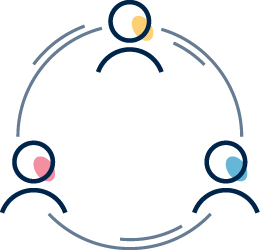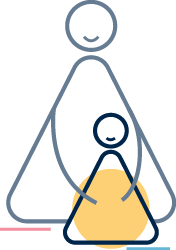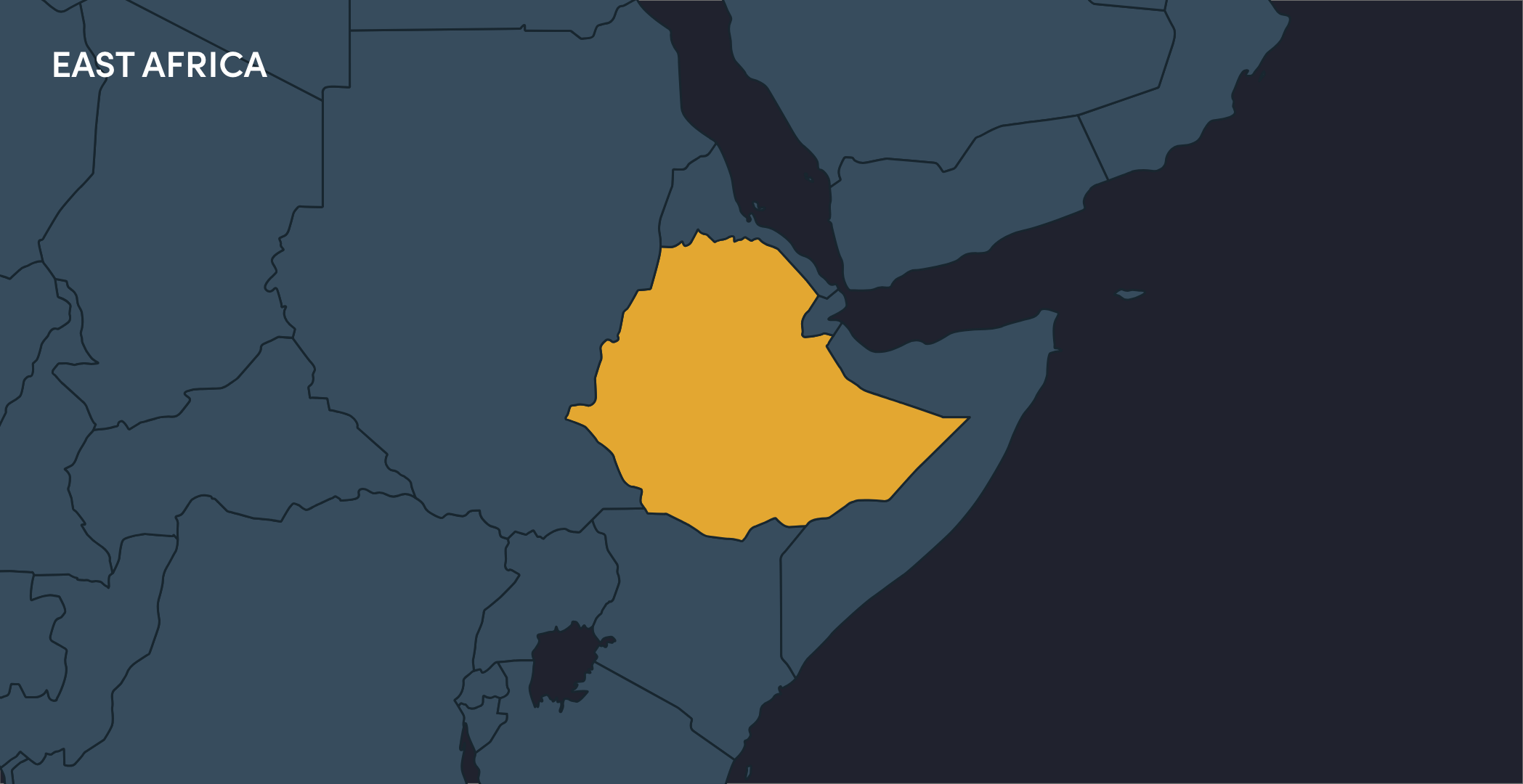Ethiopia has a high rate of poverty (47%) and many live in a social environment which exposes them to myriad types of violence. Reported figures are quite alarming: 60% of adults admit to tying up and/or punching a child, 70% of children report to have been hit with a stick or other instrument, and 60% of children interviewed know of children who have been kidnapped. Recently, rape and sexual abuse against girls has increased, resulting in unwanted pregnancies, illicit abortions, and single motherhood. Men and boys are the majority of perpetrators as a result of socialization and social expectation.
The overall goal of this comprehensive intervention was to develop a functional and sustainable child protection system in Yeka and Gullele, two sub-cities of Addis Ababa, Ethiopia. The program had two main objectives: (1) to engage boys and men in gender-based violence prevention, and (2) to strengthen child protection systems. In addition, efforts were made to educate community members about child development and sexual health, and to develop positive attitudes and child-friendly practices.

CHANGING SOCIAL NORMS
The intervention was successful in promoting personal and cultural transformation by increasing awareness, developing positive attitudes, and a readiness to address the causes and consequences of increasing rates of VAC within the communities.

VIOLENCE AGAINST CHILDREN
Despite the comprehensive and system-wide approach, the intervention did not appear to reduce the prevalence of VAC within the project sites.

ENGAGEMENT OF BOYS AND MEN
While the program was successful in implementing a range of activities for children, efforts to engage boys and men did not produce the results anticipated. The support groups and edutainment activities reported a low proportion of male attendees (below 30%) and only about 57% of activities explicitly addressed the role of boys and men in preventing violence.

SYSTEM STRENGTHENING AND SUSTAINABILITY
The intervention had some success in creating the basic foundation needed to engage stakeholders in the development of a more effective and coordinated child protection system. However, ongoing efforts and commitment is needed to ensure development and sustainability of the child protection systems of Yeka and Gullele.
Projects that aspire to build the capacity of a community should be led and driven by community members, rather than the implementing organization that designed the intervention. The focus should be on the transfer of skills, as this type of capacity building is about empowering the community.
A formative study of the existing child protection system should be conducted prior to the intervention in order to identify and measure the expected outcomes.
Successful violence reduction initiatives require a clear logic model or theory of change in order to develop goals, objectives, strategies, approaches, and activities into a meaningful system.
A project designed to foster creativity and engage children as change agents must include engaging and stimulating child-friendly activities such as movies, music, games, dance, and drama to increase participation, and receptiveness.
The project aimed to engage men and boys and the wider community in the establishment of a functional child protection system in Addis Ababa through the enhancement of knowledge, positive attitudes, and community practices. The program organized and facilitated group discussions on parenting, child development, and reproductive health. A core element of the intervention was the active involvement and participation of children, parents, civil society organizations, local government bodies, and prominent community leaders. Three approaches were utilized:
- Awareness raising: community sensitization campaigns, production of child-friendly educational materials and communication programs including interactive street drama and music performances.
- Direct support: establishment of support groups, facilitation of referral arrangements, establishment or strengthening of a library, playground, and child-led clubs and a child advisory body.
- Capacity building: facilitation of stakeholder partnerships and networking, establishment of community advisory body, trainings on a range of topics such as resource mobilization.
Getachew Desale, Program Manager
Save the Children
Getachew.Desale@savethechildren.org
www.ethiopia.savethechildren.net/
Would you like a concise two-pager on this study? Download the evidence brief!





